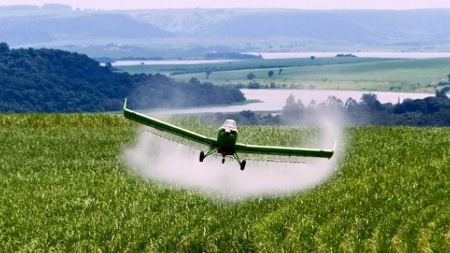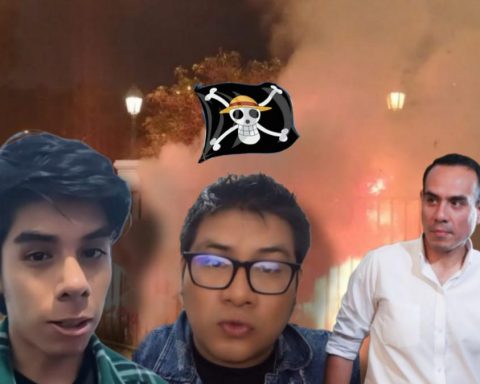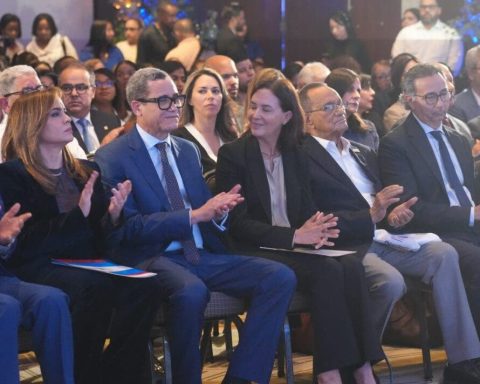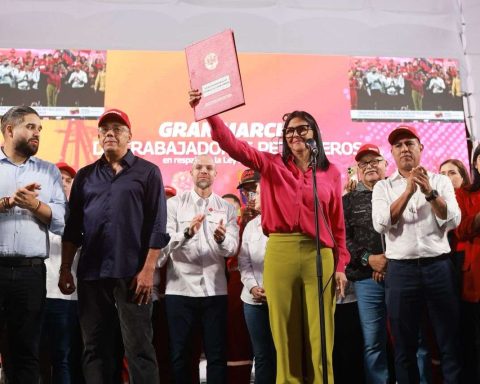January 31, 2023, 7:38 AM
January 31, 2023, 7:38 AM
The high levels of corruption in Latin America and the absence of measures to combat it favor criminal networks and exacerbate violence in a region with high homicide rates, warned Transparency International (TI) in its report released on Tuesday.
Since 1995, the TI Corruption Perceptions Index annually ranks 180 countries and territories on a scale of zero (very corrupt) to one hundred (very clean) using data from sources such as the World Bank or private consulting firms.
Denmark (90), Finland (87) and New Zealand (87) repeat as least corrupt countries in the worldaccording to this report, and Somalia (12), Syria (13) and South Sudan (12) have the highest corruption perception rates.
Global data reveal a stagnation in the fight against corruption and highlight the relationship between this scourge and violence. “Corruption and conflict feed on each other and threaten lasting peace,” the report highlights. The phenomenon is especially visible in Latin America.
Countries with lower scores are often at war or experiencing outbreaks of violence. It is the case of Venezuela (14), Haiti (17), Nicaragua (19) and Honduras (23), which have the worst grades in Latin America.
In those countries, the lines between public institutions and criminal networks have blurred, TI notes. The index of the last three has decreased significantly since 2017.
Uruguay (74) and Chile (67), on the other hand, are the best rated in the regionfollowed by Costa Rica (54), although it reached its lowest score due to recent cases of corruption and allegations of alleged illicit financing of the electoral campaign of current President Rodrigo Chaves.
The rest of the Latin American countries have scores below 50such as Cuba (45), Colombia (39), Argentina, Brazil (38), Ecuador, Panama, Peru (36), El Salvador, Dominican Republic (33), Bolivia, Mexico (31) and Paraguay (28).
– ‘Advancement of organized crime’ –
The lack of progress in the fight against corruption “has led to a weakening of democratic institutions in the region and an increase in violence and an advance of organized crime in public institutions,” Luciana Torchuaro, regional adviser, warned AFP. IT for Latin America.
“Fragile governments fail in their work to stop criminal networks, social conflict and violence (…),” Delia Ferreira Rubio, president of the NGO, said in a statement.
In one analysis, TI cites the instability that plagues Peru, with six changes of government in six years and where five former presidents are being investigated for corruption, including Pedro Castillo. The repression of the demonstrations triggered by his dismissal in December has left more than 50 dead so far.
In other countries, he warns, public bodies have been co-opted by “the elites and organized crime” and the authorities responsible for law enforcement ignore illegal activities or violations of human rights in exchange for money.
– Threats to the environment –
In Venezuela, which has the worst score in Latin America, criminal groups maintain their activities in the mining sector in exchange for irregular payments to the military, denounces TI. Illegal economic activities accounted for 21% of its GDP in 2021.
The report also mentions Guatemala (24) and Honduras, where “there is evidence to suggest” the influence of organized crime in politics. In Guatemala, this situation affects journalists, activists and prosecutors, some of whom have been forced into exile.
To try to reverse this trend, the NGO regrets that Honduras, El Salvador and even Ecuador have declared states of emergency, a measure that reduces “transparency and accountability.”
In his 2022 photograph, TI highlights how this interweaving between crime and political interests represents a danger to the environment.
“Criminal networks favor wildlife smuggling, illegal logging and burning of land, illegal gold extraction and deforestation,” he denounces.
The murders of environmental defenders they also go unpunished due to the infiltration of these networks into the justice systems, he criticizes. In 2021, 138 activists were killed in Colombia, 42 in Mexico, and 27 in Brazil.


















